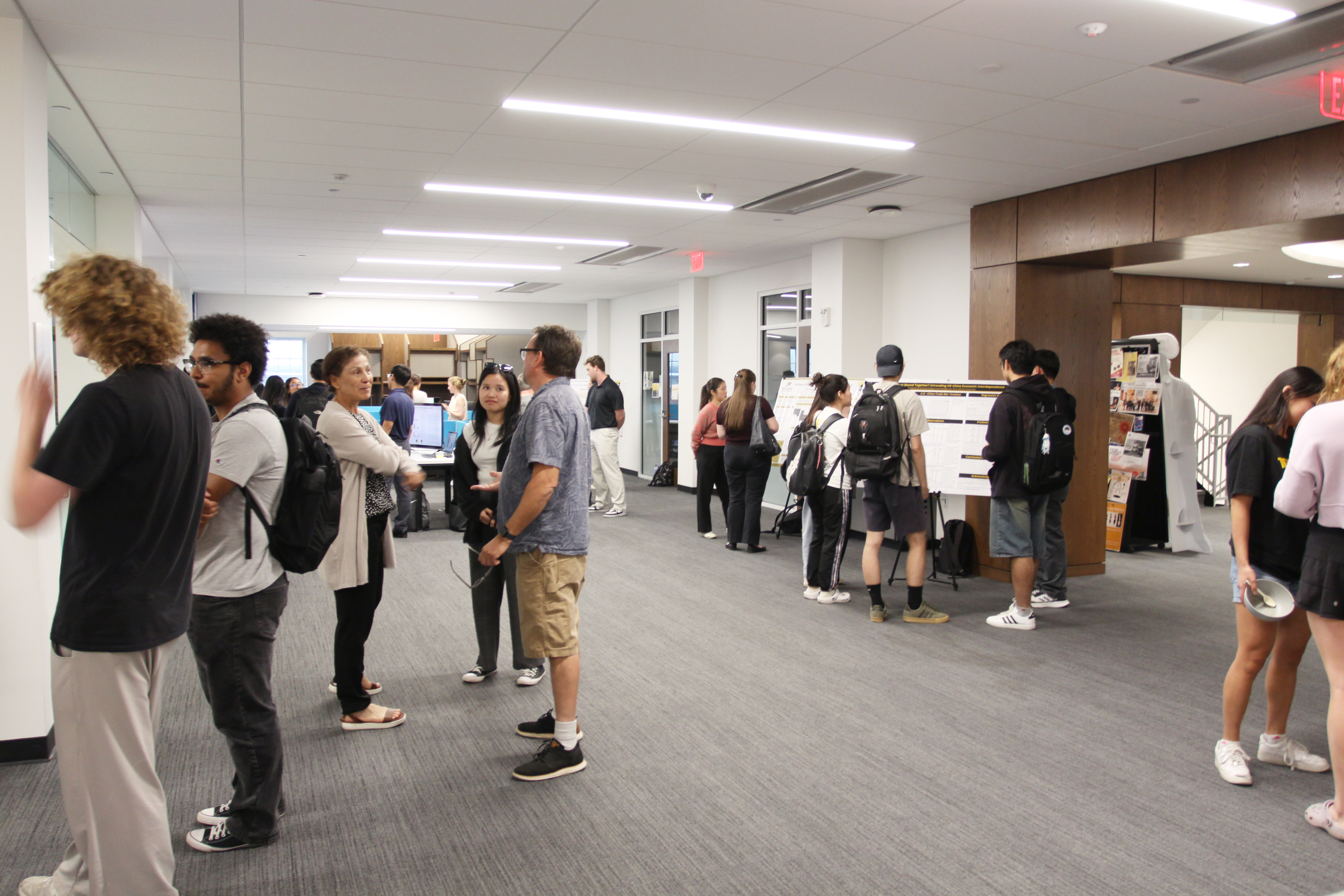Document Type
Article
Publication Date
Spring 2021
Abstract
In 1905 Henning Jacobson went before the United States Supreme Court in Jacobson v. Massachusetts and argued that his constitutional right to liberty was infringed upon when compulsory vaccination laws were introduced. When mandatory vaccination laws were introduced in Cambridge, Massachusetts there was another deadly smallpox epidemic racing through the northeastern states. Government officials believed that the best way to control the disease and ultimately stop the spread was through government intervention. The Supreme Court ultimately ruled that as a citizen of the United States it is often times necessary to give up some forms of liberty in order to protect the safety and health of the community as a whole, in this case receiving the vaccination for the wellbeing of everyone. Smallpox brought persistent epidemics over the centuries throughout the founding of the United States, until its eradication in the late 1900s. By looking at the introduction of inoculation and vaccination in the United States the need for government intervention in public health matters becomes clearer and helps to strengthen the argument of the Supreme Court ruling. Opposition and controversy will always be present in America, but the ability to recognize what being a citizen of the United States, during a public health crisis, means allows one to fully acknowledge the need to take the necessary precautions to benefit the health of all and stop the spread, in hopes of ultimately leading to eradication.
Recommended Citation
Campbell, Kate, "Public Health and History: Vaccination Regulation in the Northeastern States" (2021). Student Research. 38, Scholarly and Creative Work from DePauw University.
https://scholarship.depauw.edu/studentresearchother/38



Comments
Winner of the 2021 Prindle Prize for Ethics in the Humanities.